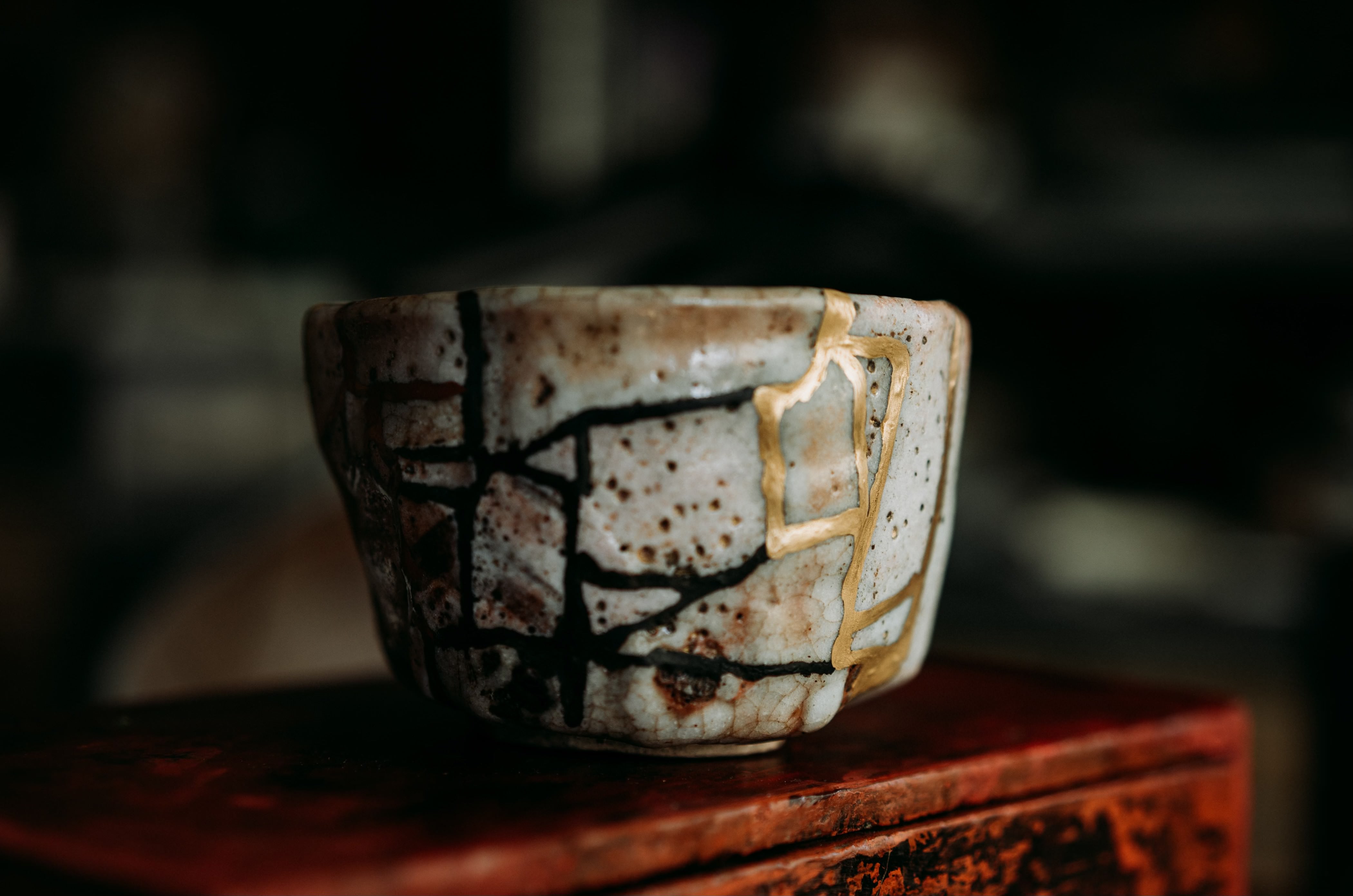Welcome!
This blog offers scientific facts mixed with my personal experiences to help others understand the impacts anxiety and depression have on many people’s lives. I do not claim to be a psychiatrist or an expert, however I have much experience dealing with these two conditions. I only wish to help spread awareness and information about mental disorders such as these. I hope you find some answers and helpful explanations in this blog, and I hope you subscribe to my newsletter to stay updated on blog posts and facts!
Kintsugi
You may have seen pictures of a broken pot or vase where the cracks are sealed with gold. Did you know that this is a very common Japanese technique that helps remind people about the beauty in imperfections?

Kintsugi, meaning “to join with gold”, reminds people to stay hopeful when things feel like they are falling apart, and to celebrate flaws and missteps in life. This technique comes from wabi-sabi, a Japanese philosophy that looks at beauty as being incomplete and that there is value in simplicity (BBC Travel). Often, this philosophy and technique is used as a metaphor for mental health. Many times people who struggle with mental health view themselves as broken and the scars they have, whether physical or in their mind, are ugly and viewed as an imperfection. This is an unhealthy way to look at mental health, and so many therapists and doctors, as well as other healthcare professionals, turn to Kintsugi to help patients see their mental health flaws and struggles as “unique,” rather than feeling ugly about the scars they bear. As Tiffany Ayuda puts it: “Sometimes in the process of repairing things that have broken, we actually create something more unique, beautiful and resilient.” It’s a way for patients to look at the scars as part of the design of who they are.
My hope is that this blog will be an inspiration for those who feel like their mental health is an imperfection. There are no imperfections in the human mind. We are each unique with our own stories to tell (even the ones involving struggles). I wish that those who come to my blog find comfort in knowing that they are not alone, and that they learn to see themselves as beautiful and unique, even with their “imperfections”. We are all imperfectly-perfect here, and we all need support in tough times. Do not be afraid to look for support. I’m so glad you’re here!
References:
Ayuda, Tiffany. “How the Japanese Art of Kintsugi Can Help You Deal with Stressful Situations.” NBCNews.com, NBCUniversal News Group, 28 Apr. 2018, https://www.nbcnews.com/better/health/how-japanese-art-technique-kintsugi-can-help-you-be-more-ncna866471.
Sho, Terushi. “Kintsugi: Japan’s Ancient Art of Embracing Imperfection.” BBC Travel, BBC, 25 Feb. 2022, https://www.bbc.com/travel/article/20210107-kintsugi-japans-ancient-art-of-embracing-imperfection.
